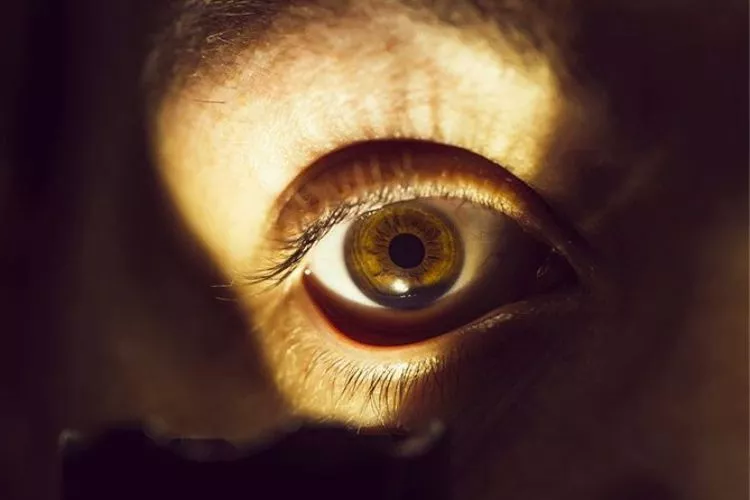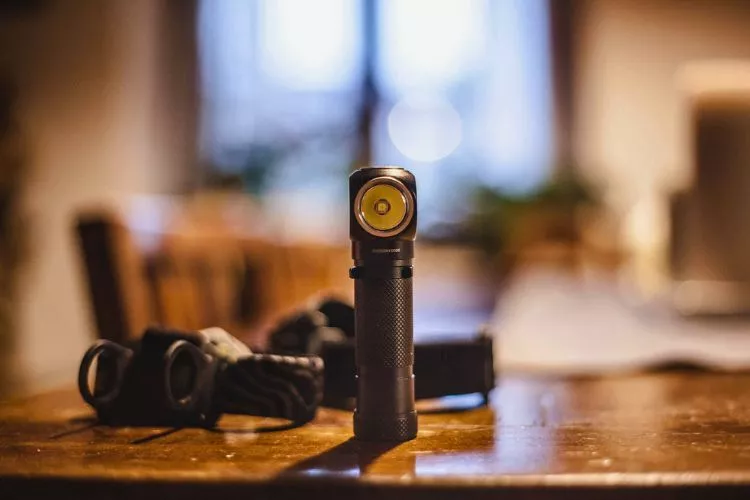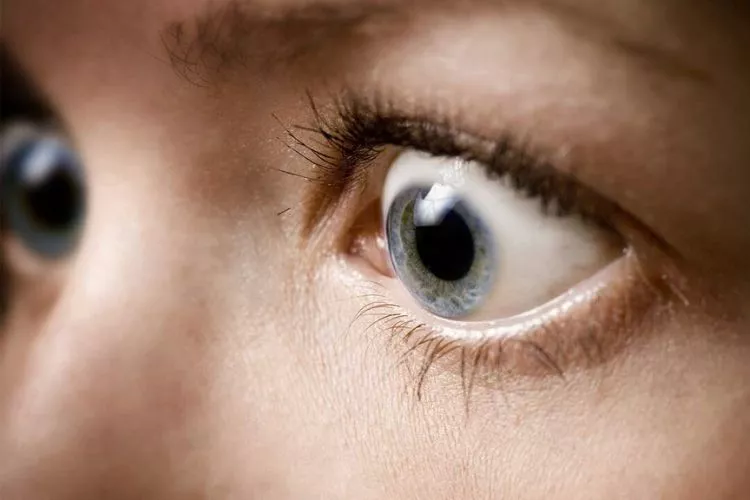Flashlights have become essential for various activities such as camping, hiking, or simply navigating through a dark environment.
Technological advancement has made these portable light sources increasingly powerful, emitting intensely bright beams.
This raises the question: can a flashlight blind you?
Honestly speaking, a flashlight can temporarily blind you or it may even cause long-lasting serious damage to your vision due to overexposure to bright light.
In this article, we will delve into the science behind the effects of bright light on our vision, explore the potential risks associated with high-lumen flashlights, and provide some guidelines to ensure the safe usage of these devices.

So, let’s shed some light on this illuminating topic!
Can a Flashlight Blind You?
Yes, a flashlight can potentially blind you temporarily or cause lasting damage to your vision. High-lumen flashlights, especially those with over 1000 lumens, can cause flash blindness, a temporary loss of vision due to overexposure to bright light.
Prolonged or repeated exposure to such intense light can lead to retinal damage, which may result in permanent vision impairment.
To avoid such risks, it is crucial to exercise caution when using powerful flashlights and avoid shining them directly into anyone’s eyes.
How long do you have to look at a flashlight to go blind?
The duration of exposure to a flashlight required to cause blindness depends on the intensity of the light and the individual’s sensitivity.
While temporary flash blindness can occur within a few seconds of exposure to a high-lumen flashlight, retinal damage may result from prolonged or repeated exposure to such intense light.

It is important to note that the eye’s natural protective mechanisms, like the blink reflex, are less effective against high-intensity light sources.
To avoid eye damage, it is crucial to exercise caution when using powerful flashlights and avoid shining them directly into anyone’s eyes.
Can a flashlight cause permanent eye damage?
Yes, a flashlight can cause permanent eye damage. Intense light from flashlights, especially those with high lumens, can cause temporary blindness and even permanent damage if the exposure is long enough.
Prolonged exposure to direct sunlight can cause a condition known as photokeratitis, which is an inflammation of the eye caused by UV radiation.
It is crucial to exercise caution when using powerful flashlights and avoid shining them directly into anyone’s eyes to prevent potential eye damage.
Can a phone flashlight blind you?
A phone flashlight is unlikely to cause blindness or permanent eye damage. The LED used in phone flashlights is not powerful enough to cause damage to the retina, which is the part of the eye that is sensitive to light.
Moreover, electronic products, including phone flashlights, must pass photobiological safety tests to ensure they do not risk consumers’ eyes.
However, avoiding shining any light source directly into the eyes is still advisable to prevent discomfort or temporary vision impairment.
If you shine a bright light in someone’s eye What happens to the pupil?
When a bright light is shone into someone’s eye, the pupil constricts, becoming smaller. This reaction, called the pupillary light response, helps protect the retina by limiting the amount of light entering the eye.
The constriction also allows the retina to process the incoming image more effectively.

This natural response is an essential mechanism to maintain optimal vision and prevent potential damage to the eye from excessive light exposure.
However, avoiding shining bright lights directly into anyone’s eyes is still important to prevent discomfort or temporary vision impairment.
Can 100,000 lumens blind you?
A 100,000-lumen light source can potentially cause temporary blindness and discomfort. The human eye can safely withstand exposure to around 100,000 lumens briefly.
However, prolonged exposure to such intense light may lead to eye damage and pain. It is essential to exercise caution and avoid exposure to extremely bright light sources to prevent any potential harm to your eyes.
Conclusion:
The potential for a flashlight to cause blindness or eye damage depends on its intensity and duration of exposure.
While low-lumen flashlights, such as those on smartphones, are unlikely to cause permanent damage, high-lumen flashlights can cause temporary blindness and, in extreme cases, permanent damage if exposure is prolonged.
It is essential to exercise caution when using powerful flashlights, ensuring they are not shone directly into anyone’s eyes.
By understanding the risks associated with intense light sources and taking necessary precautions, users can enjoy the benefits of flashlights while protecting their vision and those around them.


